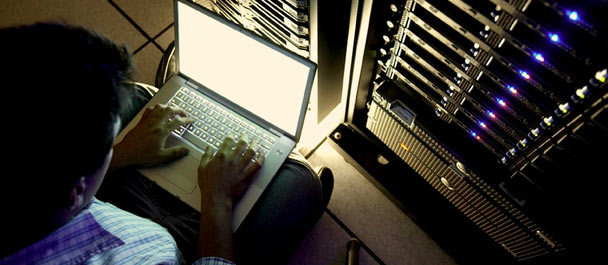
Scientific Lectures //
Title: Group to Individual (G2i) Inference in Scientific Expert Testimony
David Faigman, Ph.D. - Distinguished Professor of Law, University of California Hastings College of the Law
Presented: November 1, 2013
ABSTRACT: A fundamental divide exists between what scientists do as scientists and what courts often ask them to do as expert witnesses. Whereas scientists almost invariably measure phenomena at the group level, trial courts typically need to resolve cases at the individual level. A basic challenge for trial courts that rely on scientific experts, therefore, concerns determining when scientific knowledge derived from studying groups can be helpful in the individual cases before them (what this article refers to as “G2i”). To aid in dealing with this challenge, this article proposes a distinction between two types of expert evidence: framework evidence that describes general scientific propositions and diagnostic evidence that applies the general propositions to individual cases. It then examines the evidentiary implications of that distinction. Most importantly, admissibility standards for expert testimony should differ depending on whether experts are proffering framework or diagnostic evidence. Judicial analysis of “fit,” expert qualifications, testability, error rates, peer review, general acceptance, helpfulness and other traditional admissibility criteria for expert evidence will often vary, sometimes significantly, based on this distinction. The article provides general guidelines about the best practices judges should follow in sorting through these considerations. These guidelines will permit courts to manage G2i inferences in a more informed and coherent way than they do currently.
BIOGRAPHY: David L. Faigman is the John F. Digardi Distinguished Professor of Law at the University of California Hastings College of the Law and Director of the UCSF/UC Hastings Consortium on Law, Science & Health Policy. He also holds an appointment as Professor in the School of Medicine (Dept. of Psychiatry) at the University of California, San Francisco. He received both his M.A. (Psychology) and J.D. from the University of Virginia. Professor Faigman clerked for the Honorable Thomas Reavley of the U.S. Court of Appeals for the Fifth Circuit. He is the author of numerous articles and essays. He is also the author of three books, Constitutional Fictions: A Unified Theory of Constitutional Facts (Oxford, 2008), Laboratory of Justice: The Supreme Court’s 200-Year Struggle to Integrate Science and the Law (Henry Holt & Co. 2004) and Legal Alchemy: The Use and Misuse of Science in the Law (W.H. Freeman,1999). In addition, Professor Faigman is a co-author/co-editor of the five-volume treatise Modern Scientific Evidence: The Law and Science of Expert Testimony (with Blumenthal, Cheng, Mnookin, Murphy & Sanders). The treatise has been cited widely by courts, including several times by the U.S. Supreme Court. Professor Faigman was a member of the National Academy of Sciences panel that investigated the scientific validity of polygraphs and he is a member of the MacArthur Law and Neuroscience Network.
To view presentation please click here.

